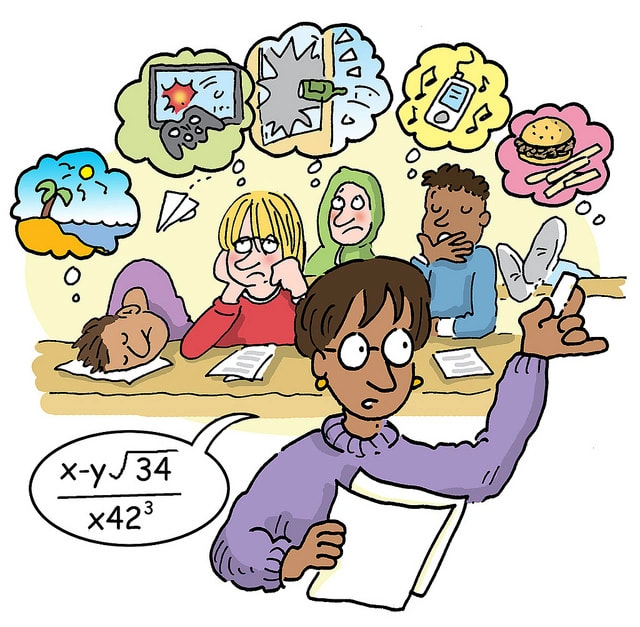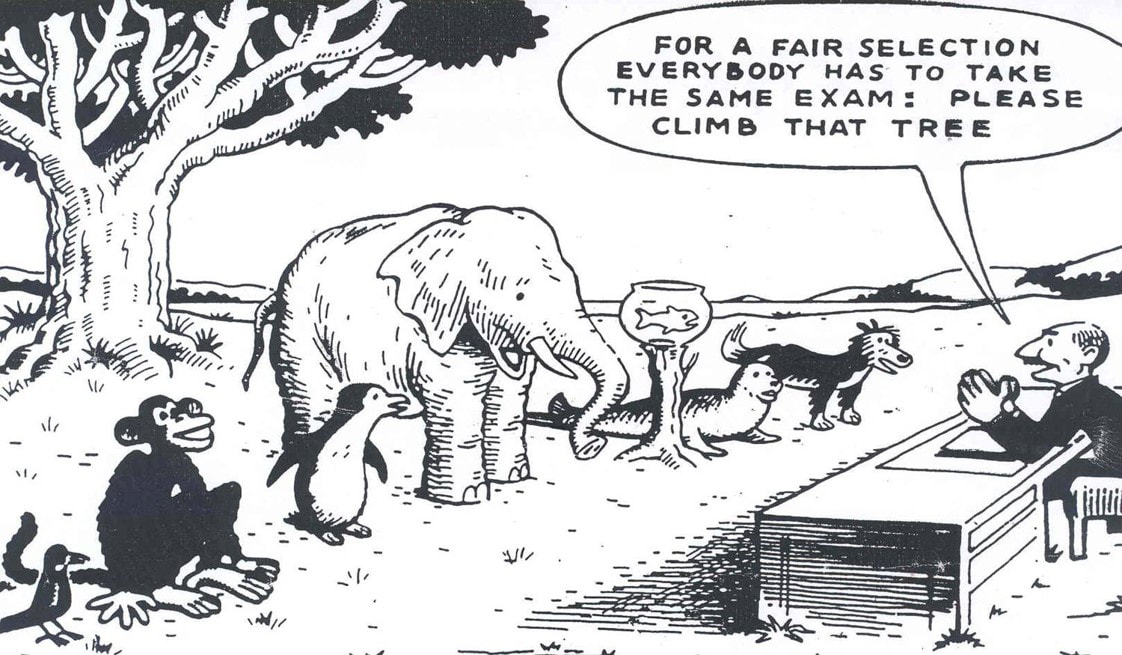After the interview, I thought about this question for a long time. I had written a philosophy of education as part of my B.Ed a hundred years ago, and revisited it about a decade ago, when I completed my principals' qualifications. I remember being pleased that -- while my thoughts had matured somewhat with age and experience -- fundamentally, I was still on the same page I had been as a beginning teacher.
However, both of these assignments were too wordy. At approximately six pages each in length, neither my new teacher nor my aspiring edu-leader approach could be expected to hold someone's interest for very long. And so, I set out to re-write my philosophy in a more succinct manner.
Below is the result. As a word doc, it's a single page, and can be expanded on or further synthesized as needed.
Vera's Philosophy of Education, 2022
I believe that – given the right context – all students can and will learn to a high degree.
The “right” context is not the same, necessarily, as “ideal conditions”. It simply means that students are motivated to learn, and are engaged in the learning. This can be orchestrated by an educator’s attention to what we know about how the brain works.
Getting to know our learners, and then choosing materials, tools, strategies and content that reflect their lived experiences, affinities and interests, helps to establish and maintain trust over time. This means that students are more likely to learn, even when occasionally a topic doesn’t appeal, or the manner in which material is presented is misaligned with an individual’s learning style. Because they have an established and trusting relationship with their teacher.
Considering Vygotsky’s “zone of proximal development” ensures students are intellectually challenged rather than bored… though not so much that they are overwhelmed and unable to learn.
If students appear to not be learning, I believe the teacher has a responsibility to self-examine: Rather than blaming the students, their families or the system at large, we must consider what is within our control. More specifically, what is it about our practice, approach or the way in which we have chosen to set up the learning space that is inhibiting students from achieving excellence? Who can we call on for support as we attempt to do better?







 RSS Feed
RSS Feed